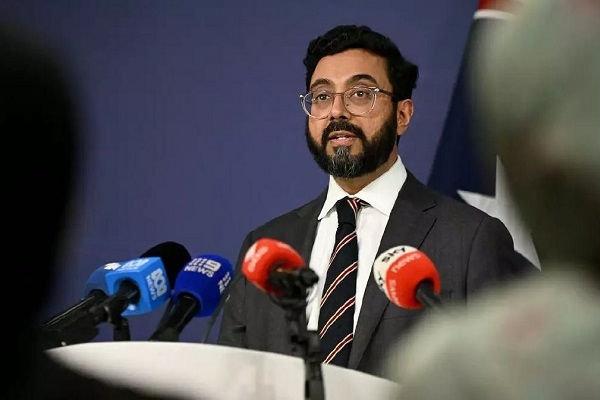Report Warns of Escalating Islamophobia as Australian Muslims Face Fear, Threats

The findings come after a series of bomb threats targeting mosques and schools, alongside reports of physical assaults. The study was led by Aftab Malik, the federal government’s special envoy to combat Islamophobia, and was released on Friday with Prime Minister Anthony Albanese.
Nora Amath, executive director of the Islamophobia Register in Queensland, said Muslims were experiencing “an escalation of intensity.” Speaking to AAP, she noted that for the first time, communities were facing consecutive assaults and bomb threats, which she described as “very concerning.”
The report calls for new federal religious freedom laws, updates to anti-discrimination legislation, and a review of counter-terrorism policies. It also highlights sharp increases in Islamophobic incidents, with data showing a 150 percent rise in 2023–2024.
Read More:
Muslim women have been disproportionately affected. The report found they accounted for three-quarters of victims, three-fifths of physical assaults, and were the sole targets of reported spitting incidents. Amath added that women often felt especially vulnerable in public due to stereotypes portraying them as submissive.
Research cited in the report shows that one in three Australians has expressed negative views about Muslims. Most perpetrators of Islamophobic incidents were men.
Advocates have responded with mixed views. The Australian National Imams Council said the report reinforced the need for stronger religious protections. Senior adviser Bilal Rauf urged the government to act, saying the recommendations should not amount to “lip service.”
Other groups, including the Australian Muslim Advocacy Network, criticized the establishment of separate envoy roles for Islamophobia and anti-Semitism. However, they welcomed measures such as independent scrutiny panels to improve the policing of hate crimes. “All communities deserve equal protection from hate and applying different standards creates unfairness in a multicultural society,” the network said.
Read More:
The Australian Palestinian Advocacy Network argued the government had failed to acknowledge the link between Islamophobia and anti-Palestinian racism. Executive member Lama Alqasem said, “That refusal itself is a form of racism because it denies Palestinians recognition, safety and justice.”
The debate over the envoy’s role and recommendations comes against a backdrop of anti-migrant rallies and threats, including a bomb hoax at a Gold Coast mosque and a bomb scare at an Islamic school in Brisbane that forced hundreds to evacuate.
Source: Agencies



